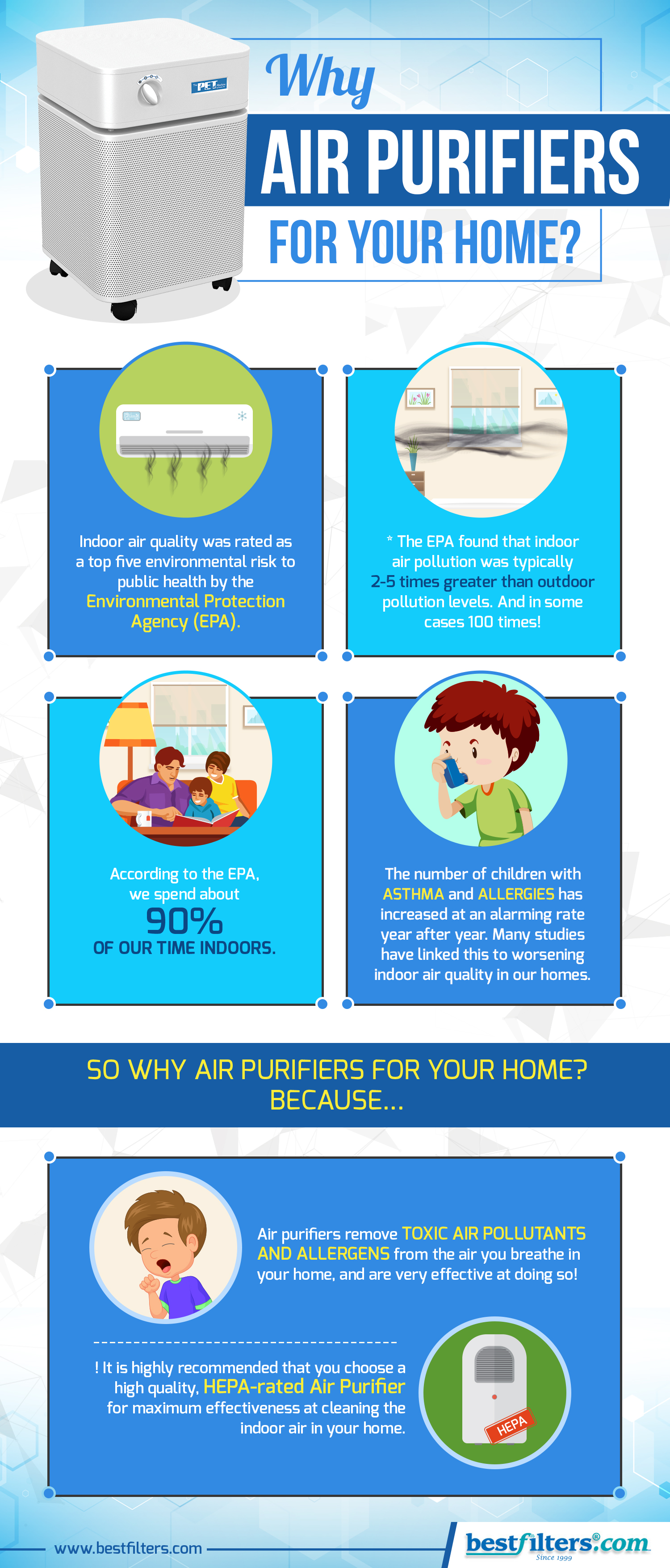Understand Exactly How To Maximize The Effectiveness And Sturdiness Of Your Heat Pump System By Avoiding Frequent Installation Pitfalls
Understand Exactly How To Maximize The Effectiveness And Sturdiness Of Your Heat Pump System By Avoiding Frequent Installation Pitfalls
Blog Article
Staff Author-Parrish Carson
When mounting a heatpump, you should steer clear of typical errors that can threaten its performance. Ignoring appropriate sizing may result in ineffectiveness and higher energy prices. Disregarding https://averagecosttoreplaceheati21975.webbuzzfeed.com/31729147/is-your-heat-pump-generating-weird-noises-and-presenting-unpredictable-temperature-modifications-leaving-you-puzzled and sealing can cause energy wastefulness and strain on the device. Moreover, placing the outdoor system inaccurately may affect its efficiency. By avoiding these errors, you can make sure optimum working and durability of your heat pump system.
Improper Sizing of Heatpump
When it involves the installation of heatpump, one of the most usual errors is improperly sizing the device for your area. Making certain the appropriate dimension is vital for ideal efficiency. If the heatpump is as well little, it will struggle to warm or cool your room effectively, resulting in increased energy bills and prospective wear and tear on the system.
On the other hand, if the heat pump is as well large, it will certainly cycle on and off regularly, creating temperature level variations and lowering its life-span.
To avoid this error, it's necessary to have an expert examine your room and recommend the ideal dimension of the heat pump based on aspects like square video, insulation, ceiling elevation, and regional climate. By investing the moment and effort to make certain the correct sizing, you can appreciate a comfortable atmosphere while making the most of energy efficiency and extending the lifespan of your heat pump.
Inadequate Insulation and Sealing
To guarantee the effective operation of your heat pump, it's crucial to deal with insufficient insulation and securing in your space. Appropriate insulation aids preserve a regular temperature level inside, lowering the workload on your heatpump. Inadequate insulation can result in power loss, making your heat pump work harder and much less successfully.
Sealing any type of gaps or leaks in your room is just as essential. These voids allow conditioned air to escape and exterior air to permeate in, forcing your heat pump to make up for the temperature variations.
Wrong Positioning of Outdoor System
Attending to the placement of your heatpump's exterior unit is crucial to maximizing its efficiency. Setting up the exterior device in a wrong area can cause effectiveness concerns and prospective damage to the unit.
One typical mistake to prevent is putting the exterior device as well close to a wall or various other frameworks. This can restrict air movement, causing the device to work harder to warm or cool your room, eventually minimizing its performance and life-span.
An additional mistake to avoid is positioning the outdoor system in straight sunshine. While some sunshine is inevitable, excessive direct exposure can result in getting too hot, especially throughout warm summer season days. It's best to place the outside unit in a shaded location to help keep its ideal operating temperature level.
Moreover, make certain that the outdoor system is put on a steady and level surface area. Irregular ground can trigger vibrations and unnecessary pressure on the unit, impacting its performance with time.
please click the up coming article , avoiding common blunders throughout heat pump installation is vital for maximizing efficiency and long life of your system. By ensuring https://shanekgzuo.slypage.com/31720546/enhance-your-decision-making-procedure-for-heatpump-fixing-services-by-asking-important-inquiries-that-can-conserve-you-time-cash-and-problem-discover-the-methods-in-this-overview sizing, sufficient insulation, securing, and appropriate positioning of the outside system, you can prevent concerns such as inefficiencies, increased power expenses, and pressure on the unit. Making the effort to deal with these key factors will ultimately save you money and time in the long run.
